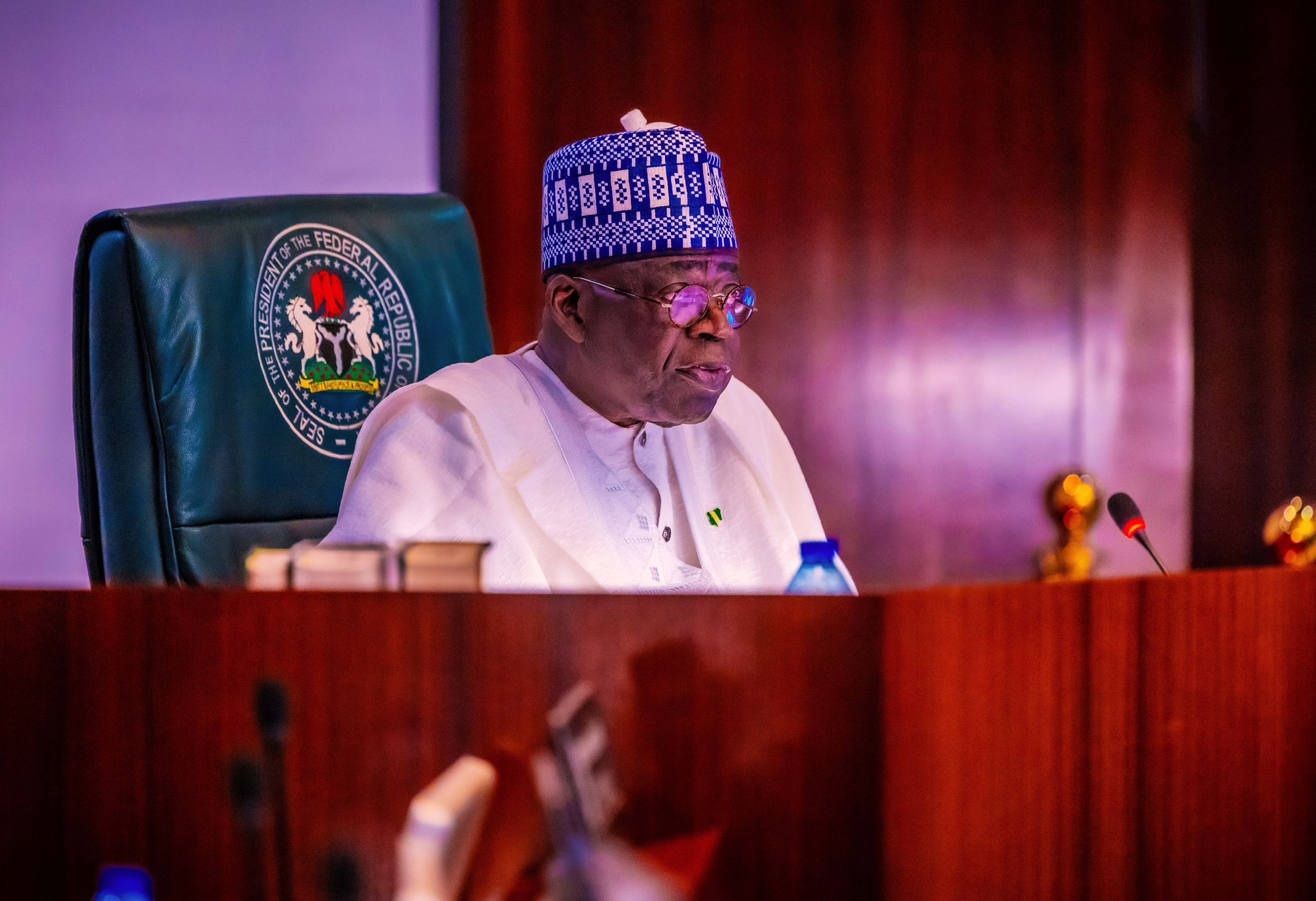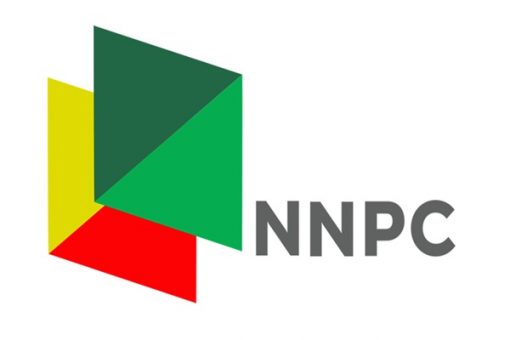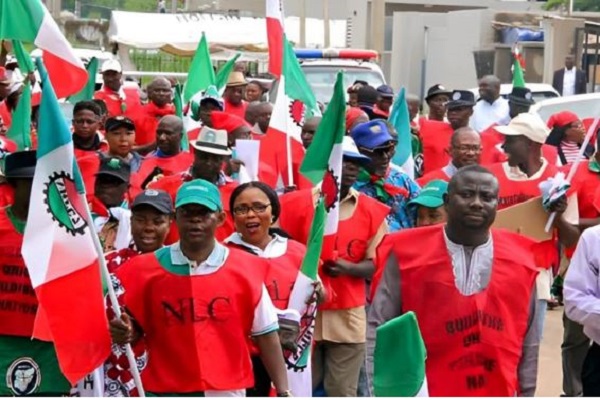The Federal Government of Nigeria is set to exceed its 2024 domestic borrowing target by a staggering 67%, as data reveals borrowing has already hit N8.93 trillion by November, surpassing the N6 trillion annual plan. This trend raises concerns over the country's growing debt burden, as projections indicate total domestic borrowing could reach N10 trillion by the end of 2024. Meanwhile, President Bola Tinubu prepares to unveil the 2025 budget, which heavily relies on borrowings to address a N9.22 trillion deficit.
Insights from the Debt Management Office (DMO) show the government sourced over N2.1 trillion in Q3 2024 through instruments like Treasury Bills (NTBs), FGN Bonds, and Sukuk Bonds. The surge in domestic borrowing coincides with high interest rates, driven by an 875 basis point hike in the Monetary Policy Rate (MPR), pushing yields on 364-day NTBs to 22.93% by November. Analysts warn this borrowing spree is crowding out private sector financing and driving inflation as businesses struggle with elevated lending costs.
Economic experts highlight the dangers of Nigeria's rising debt stock. They note the growing fiscal deficit is putting pressure on the currency while limiting resources for development. Dr. Muda Yusuf of the Centre for the Promotion of Private Enterprise emphasized the need for sustainable debt management, warning that excessive domestic borrowing risks undermining private sector growth. Others, like former CIS President Olatunde Amolegbe, stress the importance of channeling borrowings into infrastructure and production to boost economic output.
As Nigeria faces mounting fiscal challenges, stakeholders call for a strategic shift in borrowing practices to prioritize growth-enhancing projects. With the 2025 budget poised to lean heavily on both domestic and foreign financing, questions persist about the long-term impact on debt sustainability and economic stability. The Tinubu administration must address these issues to avoid further financial strain on the nation's economy.




